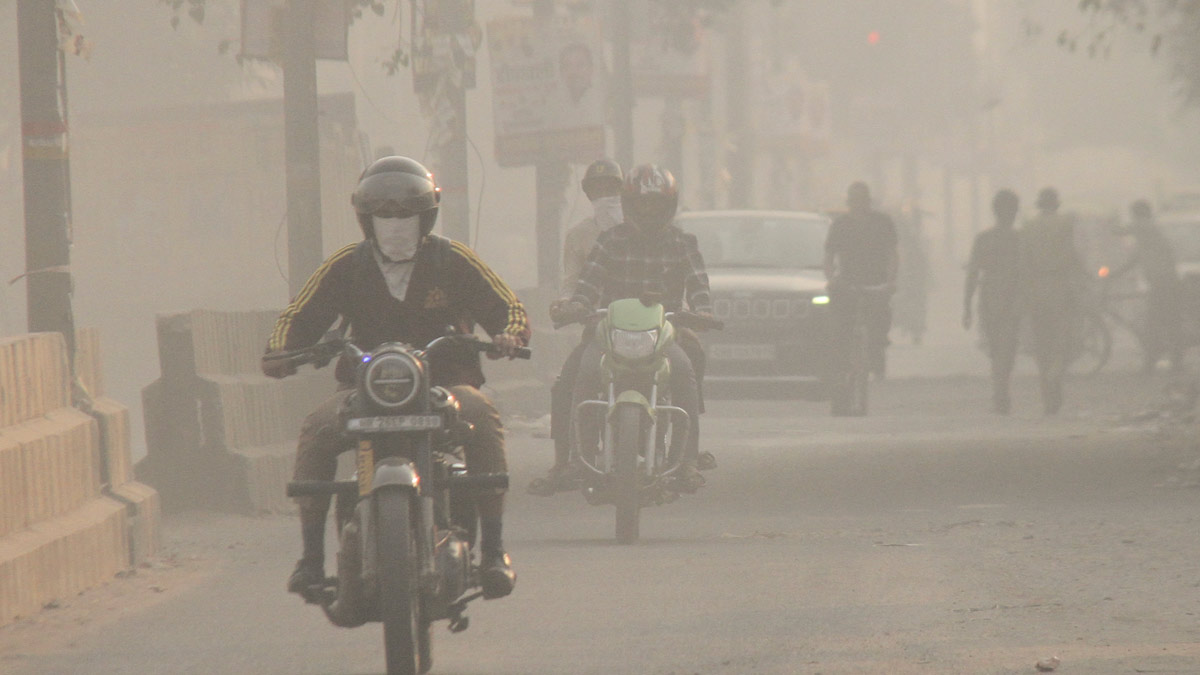Air pollution poses a significant threat to global health, accounting for millions of premature deaths annually. Exposure to poor air quality can trigger respiratory issues like asthma and chronic obstructive pulmonary disease (COPD) among others.
A recent study by United States researchers found that long-term exposure to air pollution could increase the risk of blood clots in deep veins. The study revealed that air pollution could increase the risk of blood clots by 39 to over 100 per cent.
The study followed over 6,650 adults in the US for 17 years.
Read the study here: Air pollution is associated with increased risk of venous thromboembolism
The blood clotting conditions in deep veins are collectively known as 'venous thromboembolism'. The study also showed that if left untreated it can block flow and cause serious complications.
The data on patients hospitalised for the blood clotting condition and air pollution was analysed by researchers, including those from the University of Minnesota.
The adults in the study lived in or near six major metropolitan areas, including New York, Chicago and Los Angeles.
The findings of the study were published in the journal Blood.
Of the group, 3.7 per cent (248 adults) were found to develop blood clots in veins located deep within the body, or deep veins, chances for which were linked to 39 per cent to over 100 per cent increase in risk due to exposure to PM2.5 and oxides of nitrogen, read the study.
Though exposure to higher levels of PM2.5 pollution could increase the risk of blood clots by up to 39 per cent, people exposed to higher levels oxides of nitrogen dioxide could experience a 120-174 per cent increase in risk, the researchers found.
Being exposed to air pollution is known to increase the risk of inflammation and contribute to blood clotting, which is in turn linked to cardiovascular and respiratory conditions.



